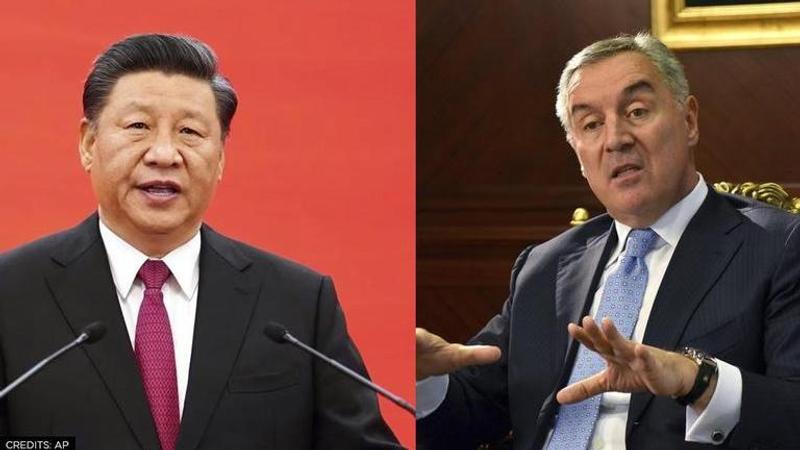Published 21:16 IST, August 31st 2021
China expecting a part of Montenegro's territory as Balkan country struggles to repay debt
Montenegro may be forced to cede part of its territory to Beijing as the country is struggling to repay the $1 billion it owes to the Chinese government.

Balkan country Montenegro may be forced to cede part of its territory to Beijing as the country is struggling to repay the $1 billion it owes to the Chinese government. Montenegro had borrowed money in 2015 from Beijing in a bid to pay a Chinese contractor to build a highway allowing faster access to remote parts of the country. But now, six years later, the work is nowhere near complete and the money has already been spent by the government.
According to a report by ANI, the amount that Montenegro had borrowed from China is nearly a fifth the size of the nation’s entire economy. Previously, few European countries had claimed that it was a good idea for Montenegro to get a loan of this amount from the Chinese government. However, now the tiny Balkan country is asking the EU for help to repay the debt.
China's well thought out strategy
Meanwhile, recent report comes after International Forum for Right and Security (IFFRAS) recently revealed that China shockingly uses confidentiality clauses, barring borrowers from revealing terms and conditions of the engagement or even the existence of the debt itself. IFFRAS said that China, which is the world’s largest creditor, uses these contracts to "debt-trap" a nation.
It added that such terms obviously equip the lenders - in this case, Chinese - to exert influence over the borrower and limit the borrower's policy space to cancel any adverse loan or issue new environmental regulations that could impinge on the terms of the Chinese agreements. It added that all Chinese creditors like commercial banks, hedge funds, suppliers, and export credit agencies seek influence over borrowing countries to increase the prospect of repayment by legal, economic, and political means.
“China has even devised unique ways of blending standard commercial and official lending terms to secure repayment in priority and in the process gain a stronger grip over the borrowing country's economic and foreign policies,” IFFRAS said.
It added, “This analysis of the Chinese lending pattern points to a well thought out strategy to manage credit risks and overcome enforcement hurdles that could possibly arise in any borrowing country”.
(With inputs from ANI)
Updated 21:16 IST, August 31st 2021




